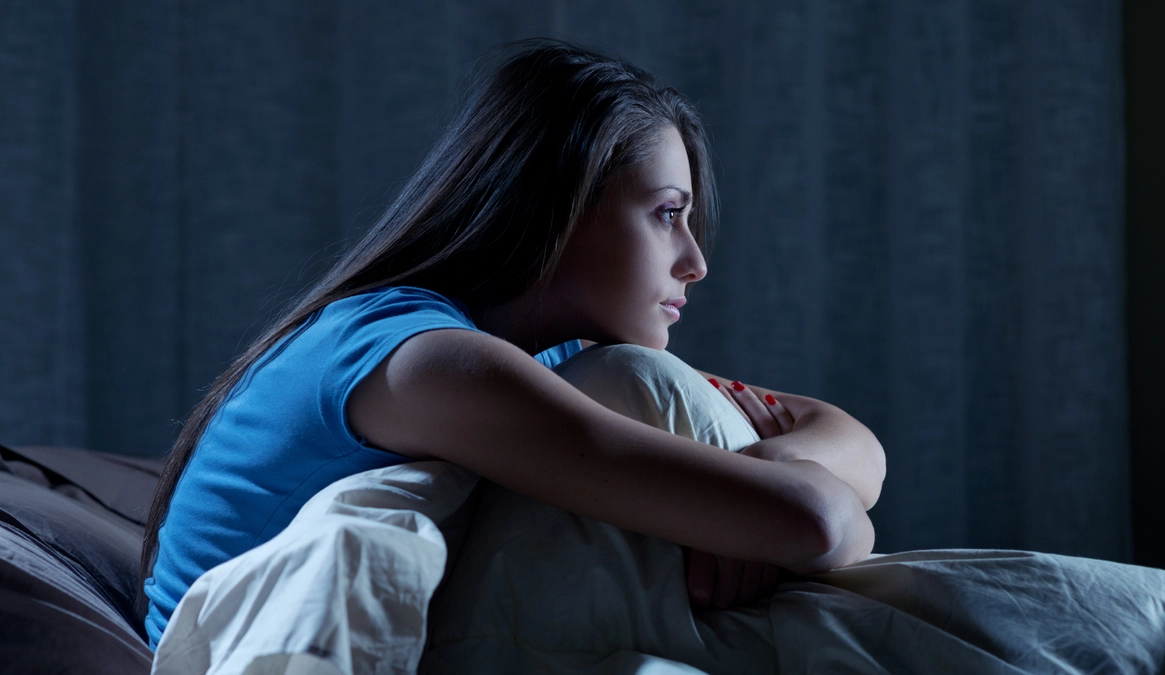Sleep plays a critical role when it comes to our mental health. According to the CDC, 1 in 5 Americans will suffer from a mental illness over the course of any given year. Some of the most common of these illnesses include depression and anxiety. So today we’ll take some time to examine how sleep relates to these two mental health issues.
First, we’ll take a look at depression. According to the American Psychiatric Association, too little sleep can be a core symptom of depression. In fact, 90% of people who suffer from depression report having insomnia or other sleep issues. Interestingly, depression actually leads to an increase in REM sleep. However, it also decreases the latency of reaching REM sleep. Meaning you cycle through the other important phases of sleep too quicky, which can have a detrimental effect on your health.
Next. we’ll examine how sleep and anxiety are related. When someone is suffering from Generalized Anxiety Disorder, their body produces more epinephrine and cortisol. This overproduction of these two chemicals reduces one’s ability to fall asleep. It should be noted that those who suffer from anxiety are twice as likely to develop insomnia as someone without anxiety. This lack of sleep can have a compounding effect, causing the individual to become even more anxious.

To learn more about sleep health, visit us at Mattress Gallery Direct. While other mattress stores might just try to sell you a mattress, our staff is trained to help actually remedy your sleeping issues. Members of our staff are certified in Sleep Science Coaching from the Spencer Institute. And we will help educate you on lifestyle habits to help you get more efficient and effective sleep.

